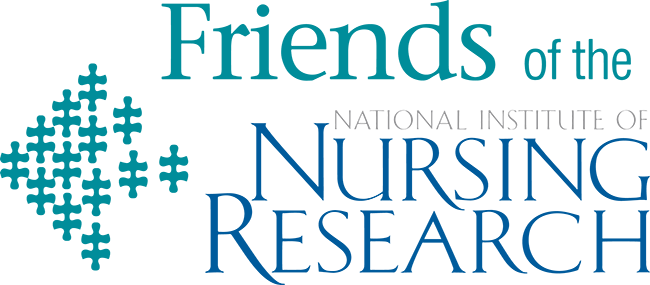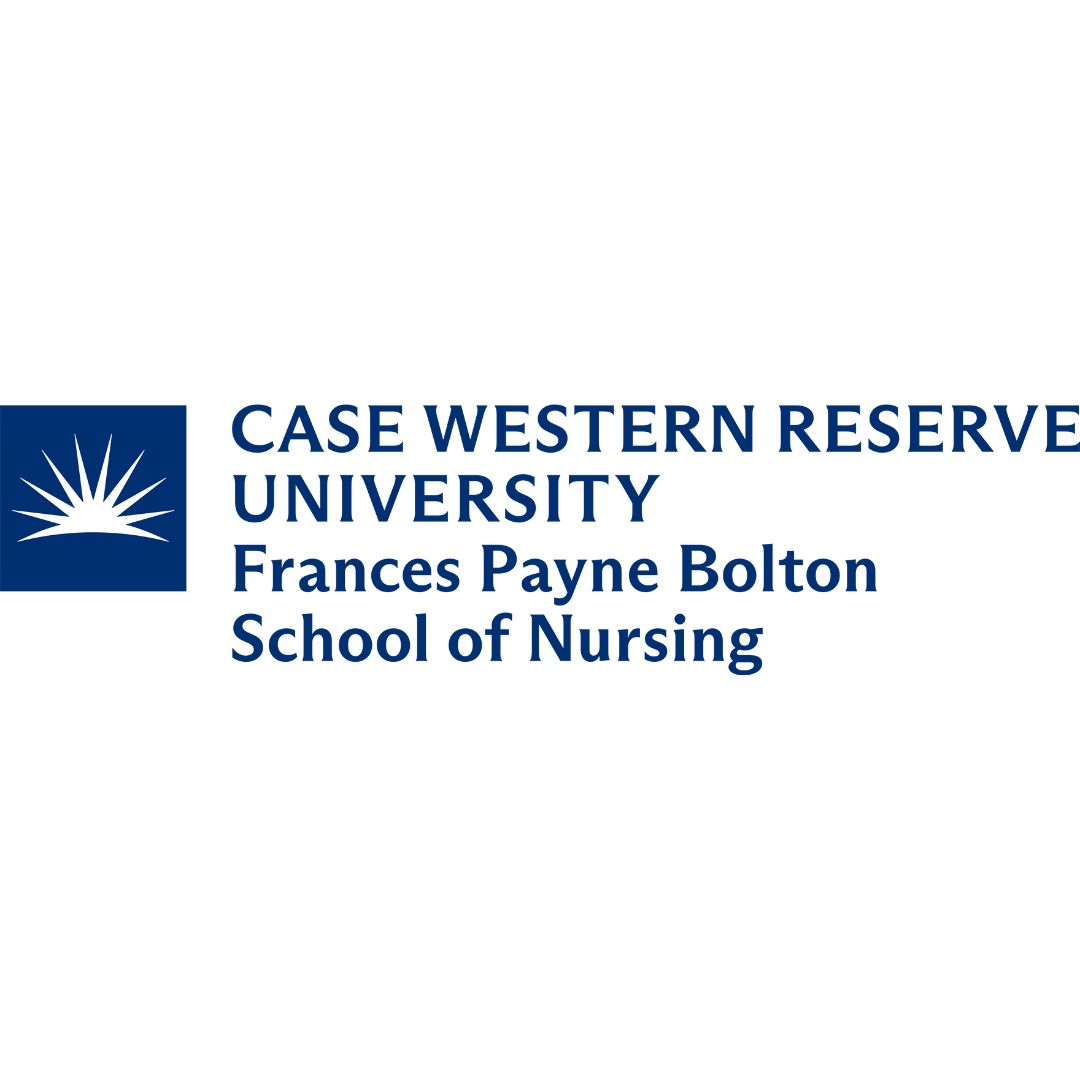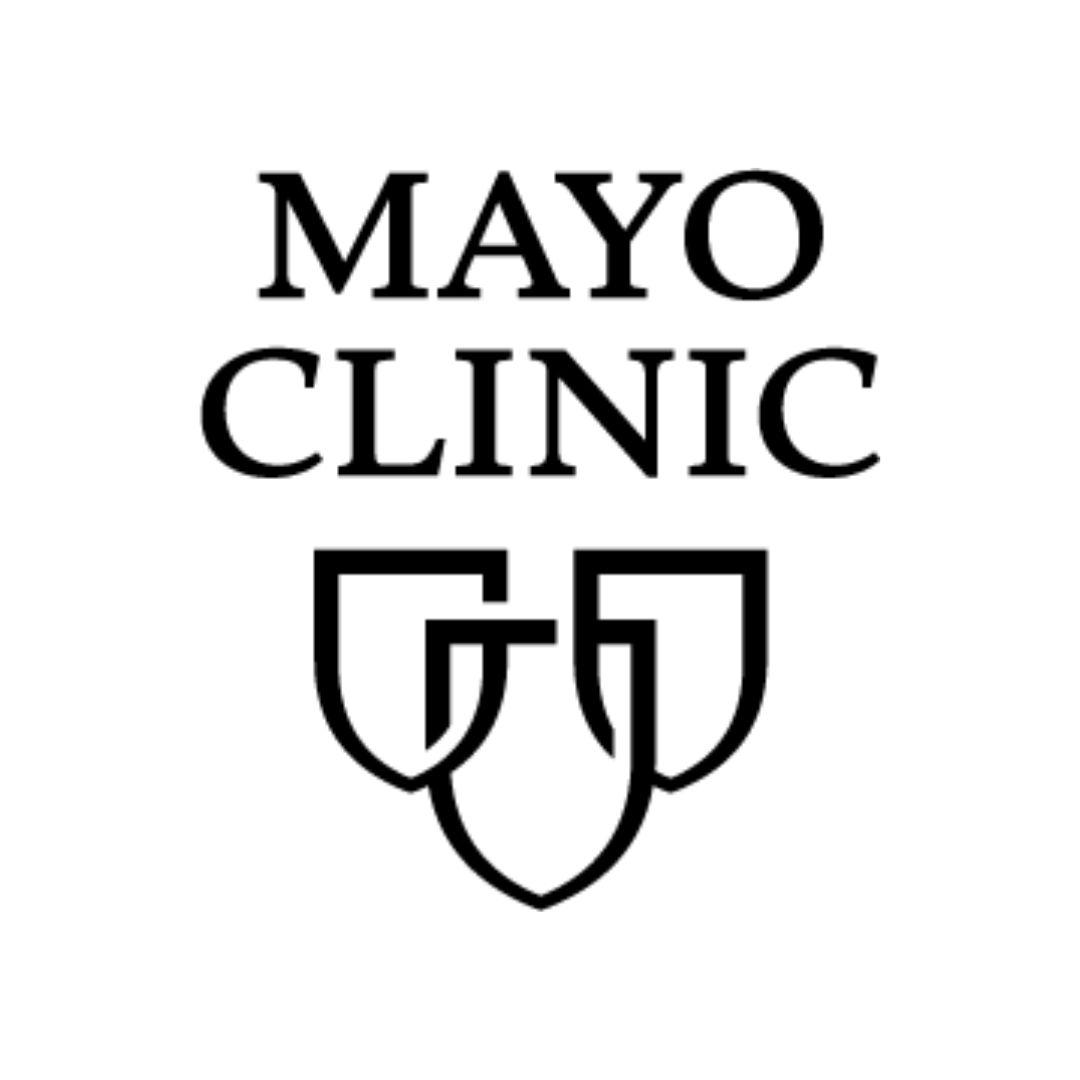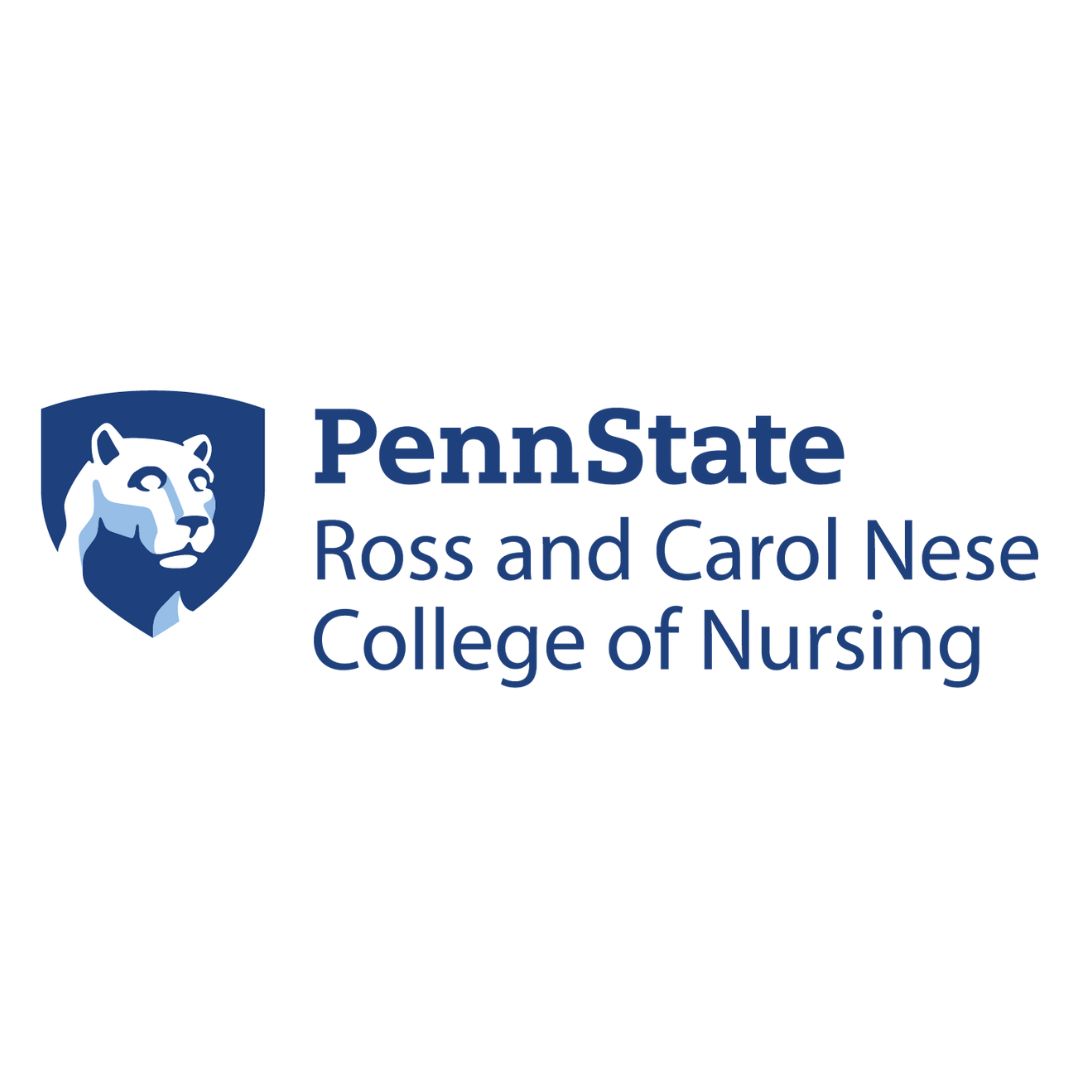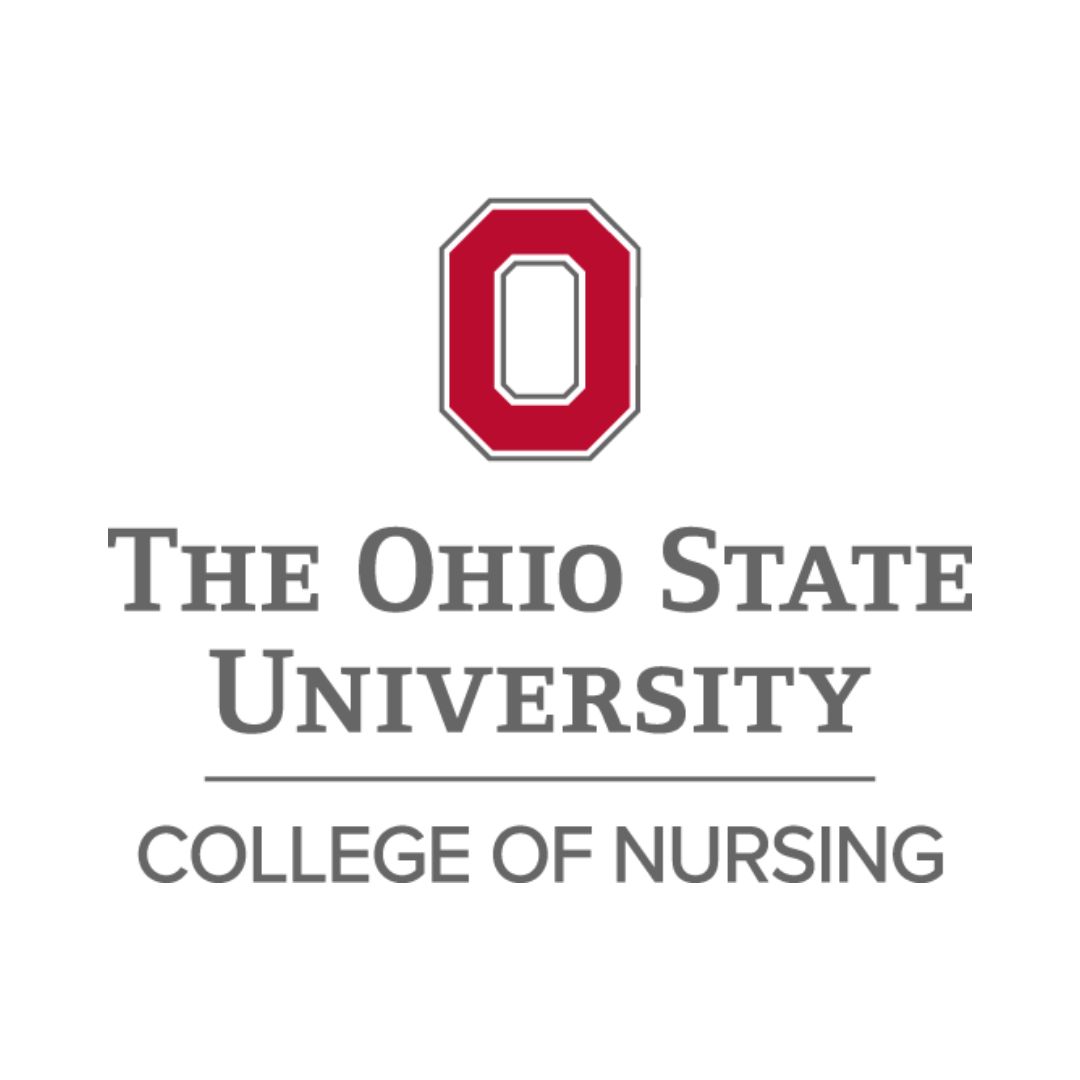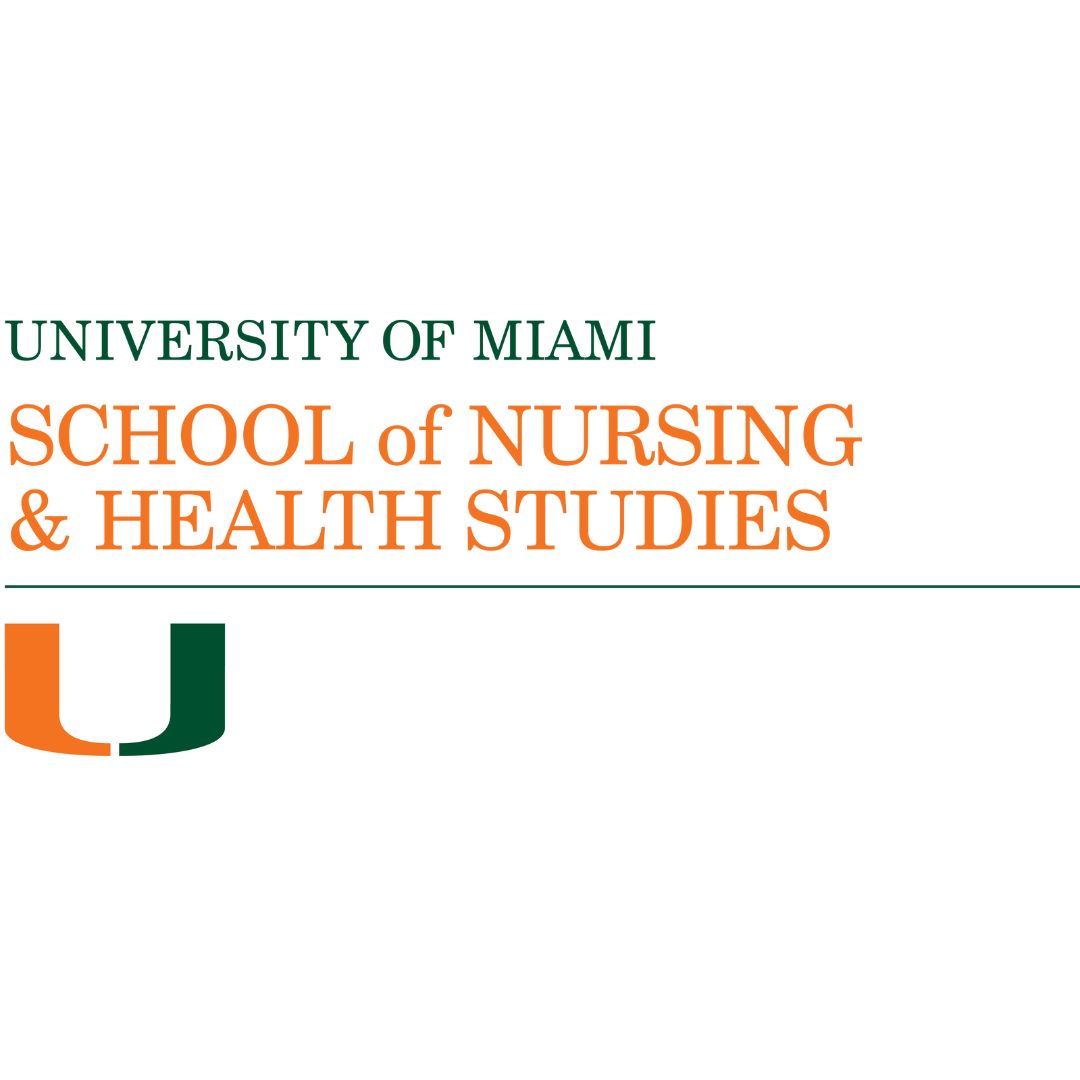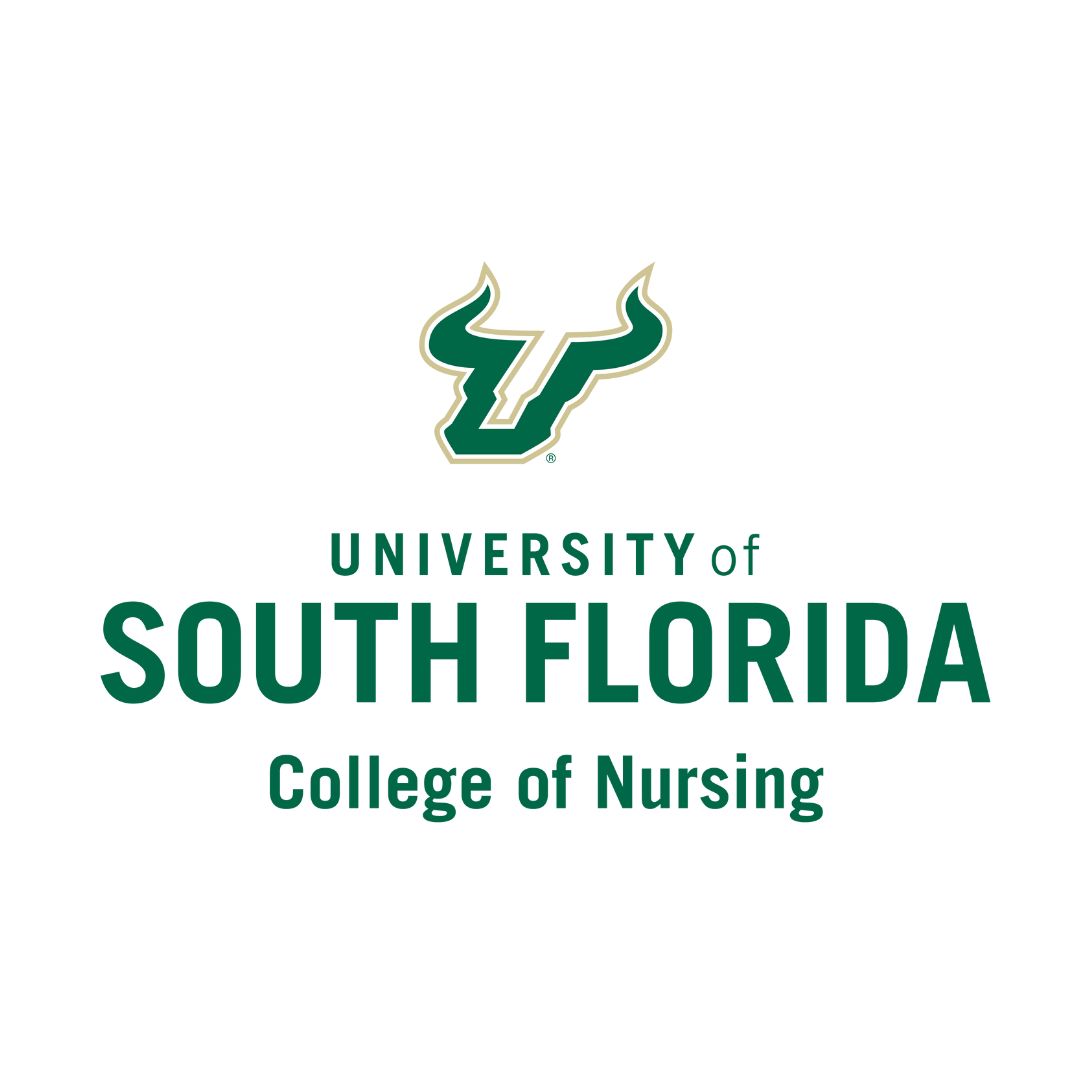The Transformative Impact of Nursing Research in Academia
By Dr. Susie Breitenstein
Every year, our Martha S. Pitzer Center for Women, Children and Youth hosts a lecture that addresses consequential issues in research that affects families. This year’s lecture on September 23 provided an especially poignant opportunity to reflect on the impact of nursing research both within our college and beyond. Our speaker, Dr. Shannon Zenk, director of the National Institute of Nursing Research (NINR), focused on research that addresses social determinants of health (SDoH) and the opportunities for nurse scientists to realize a broad social impact.
High quality research in SDoH is essential for understanding the root causes of inequity and developing interventions to address these inequities. This work has the potential to impact the lives of people everywhere. People like new mothers who struggle post-pregnancy to care for both their babies and themselves. Preterm infants who require specialized care in the NICU. People like women seeking culturally appropriate education and competent care reflective of their culture and lived experience, unhoused youth dealing with profound stress and LGTBQIA+ patients seeking access to rapid, unbiased treatment. It is populations like these whose lives we hope to impact with our research.
The mission of NINR is to help “solve pressing health challenges and inform practice and policy – optimizing health and advancing health equity into the future.” Part of the legacy NINR is building comes from funding research to find solutions to improve peoples’ lives in real and significant ways.
The faculty and students currently funded through NINR at The Ohio State University College of Nursing work every day to address SDoH and health equity and honor NINR’s legacy:
- Shannon Gillespie, PhD, RN: R01 entitled “Evaluating a multi-modal maternal infant perinatal outpatient delivery system: A randomized controlled trial (MOMI PODS RCT)”
- Holly Jones, PhD, APRN-CNP, RNFA: R21 entitled “Modification of the B-SWELL Intervention to Improve Long Term Outcome Trends in Midlife Black Women”
- Mary Beth Happ, PhD, RN, FAAN, FGSA and Rita Pickler, PhD, RN, FAAN: T32 training grant entitled “Training in the Science of Health Development”
- Nate Albright, PhD student: F31 entitled “Client and clinician priorities for same-day PrEP and DoxyPEP awareness, uptake, and persistence in primary care”
- Nicole Cistone, PhD student: F31 entitled “Stress Response of Preterm Infants to NICU Caregiving”
- Margaret Fitzpatrick, PhD student: F31 entitled “Associations Between Adversity and Psychological Distress and Physiological Stress Among Youth Experiencing Homelessness: The Buffering Role of Social Network Processes”
Research is a priority for universities around the world. Success in the research enterprise requires talented and creative faculty, experienced and supportive staff and a community that values and celebrates research. We are fortunate at The Ohio State University College of Nursing to have that foundation.
That foundation fuels the work and the transformational impact it can have on the lives of people most affected by health inequities.
Susie Breitenstein, PhD, RN, FAAN, is a professor and the associate dean for research at The Ohio State University College of Nursing. Her research through Ohio State’s Martha S. Pitzer Center for Women, Children and Youth focuses on improving the social and emotional well-being of parents and children.
